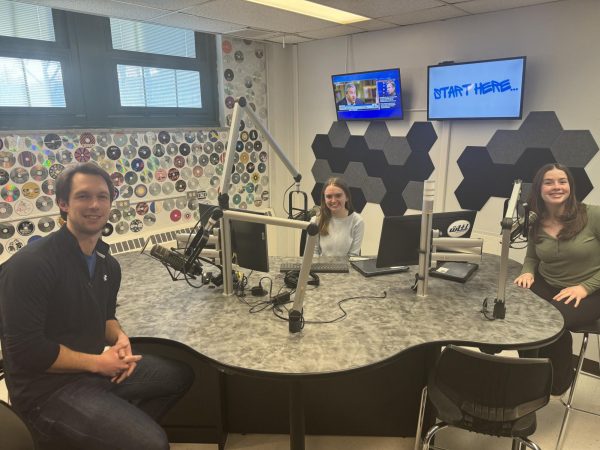Metra implements summer pilot schedule permanently
September 18, 2019
Following the recently implemented pilot schedule for Metra over the summer, some additional changes were also due to take permanent effect Sept. 3.
This past June, one new train traveling in both directions was added to the BNSF line for Saturday and Sunday, Metra spokesman Michael Gillis said. Because of this, there was an average increase of riders by 8% on Saturdays and 20.5% on Sundays.
In addition to the extra trains, the departure times of most weekday trains were adjusted by seven to 15 minutes, as seen on the new schedule, in order to fully accommodate for the Positive Train Control (PTC) safety system. This system, which began installment June of 2018, will slow the train down if it is moving too fast, Gillis said. These changes were permanently added to the schedules Sept. 3.
“The PTC system takes some time to initiate before each trip,” he said. “So we had to add that time to the schedule. When we did that in the June of 2018, it resulted in crowding in some trains. The issue was made worse by multiple problems with air conditioning in some cars.”
Since June of 2018, Metra has made several adjustments to the schedule and the size of trains, and they have even added a couple of trains into the mix, Gillis said. Though these changes will ultimately help in the long run, there are still some minor short-term problems with the passengers, said Ellie Wangard, a junior at St. Ignatius who takes the train every day from LaGrange.
“The train schedules change all the time,” she said. “It is really hard to adjust to the change once you’re set in a routine. Now I just have to wake up 15 minutes earlier, but sometimes you’ll have to take a completely different bus or train.”
Since June of 2018, Metra made many adjustments to the schedule and repairs to train cars leading up to Sept. 3 in an effort to create a more efficient and calm train riding experience eventually for everyone, Gillis said.
“Those adjustments and repairs have helped tremendously,” Gillis said. “Although we haven’t eliminated all crowding, because we have a finite number of cars to work with. But things are much better now.”

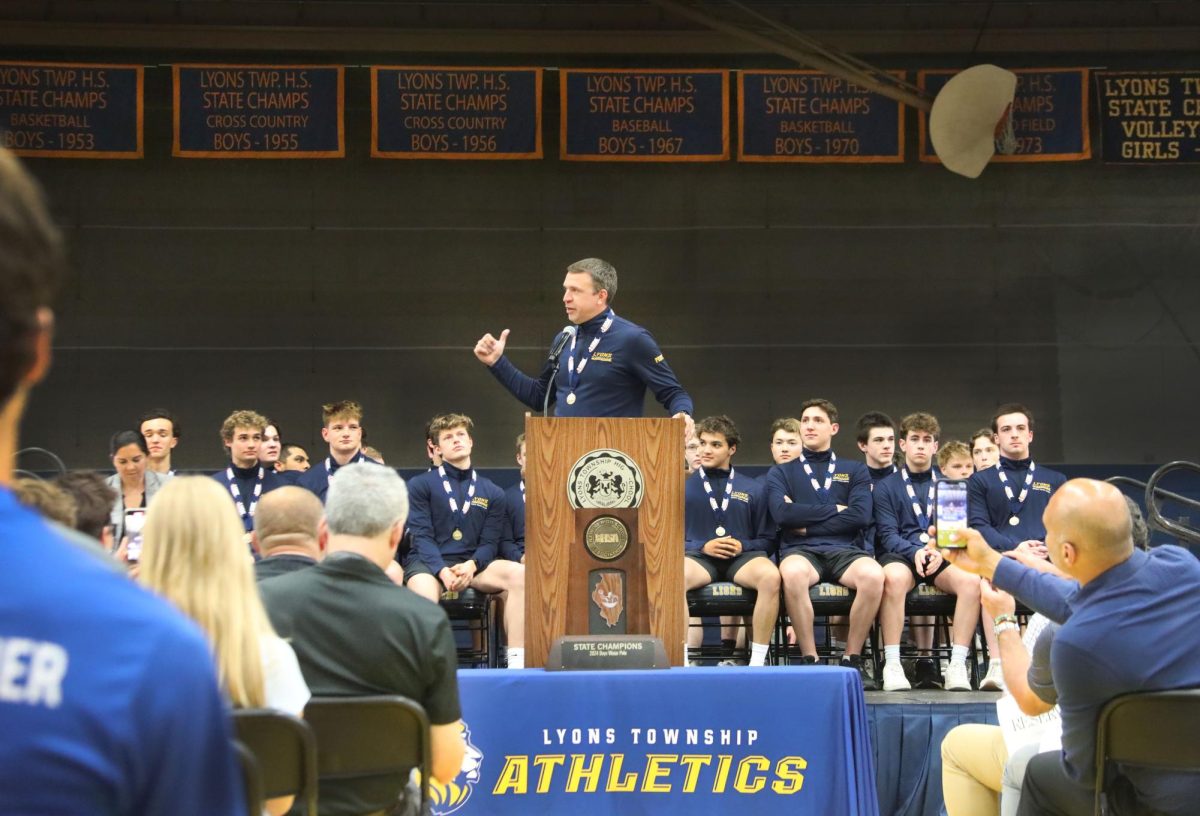
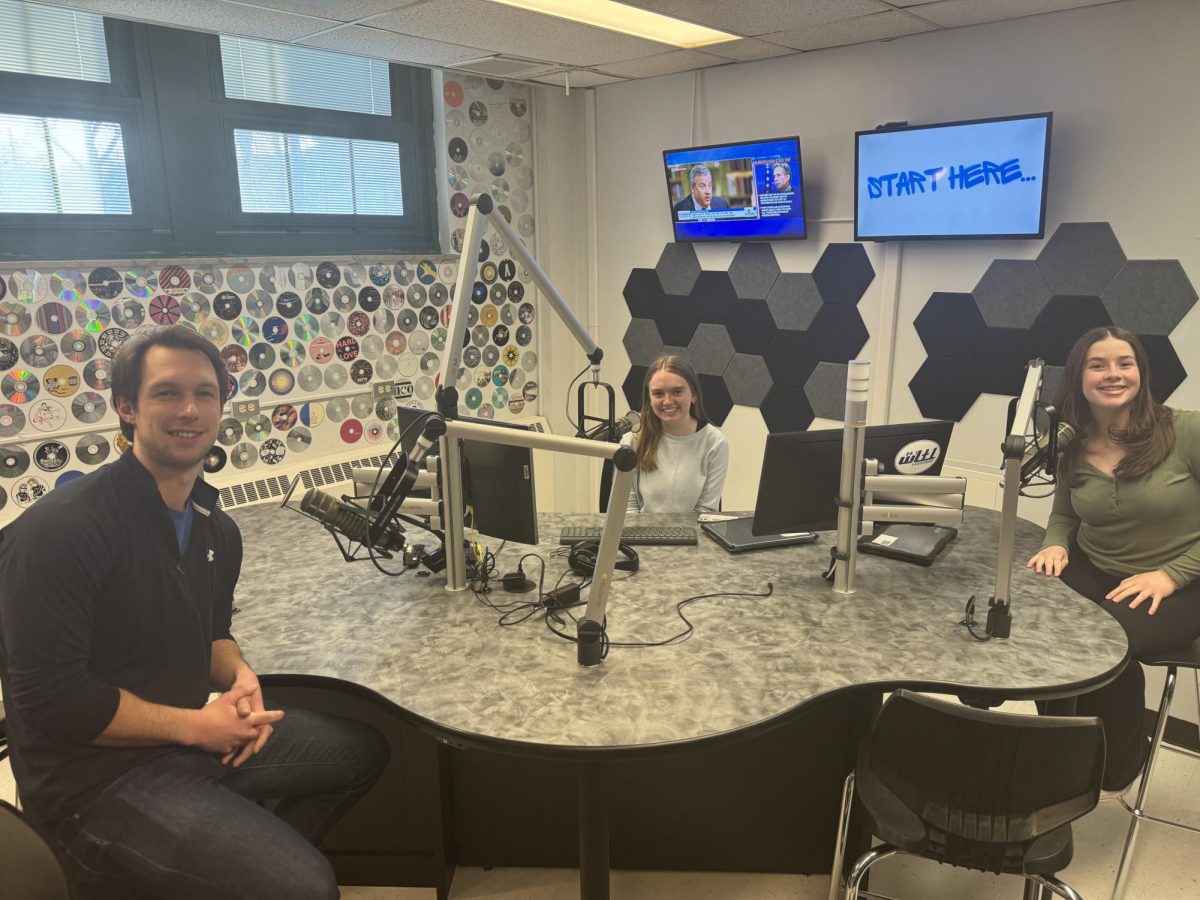


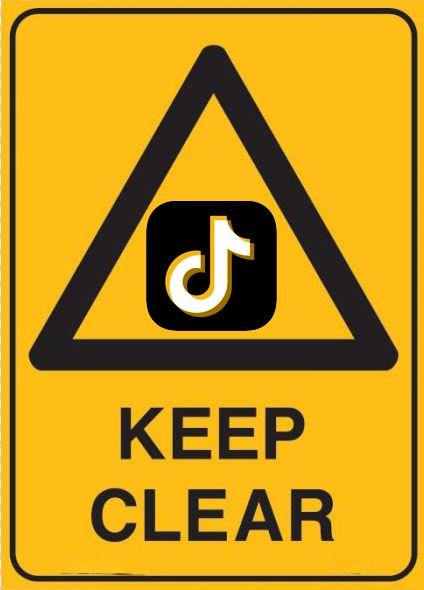

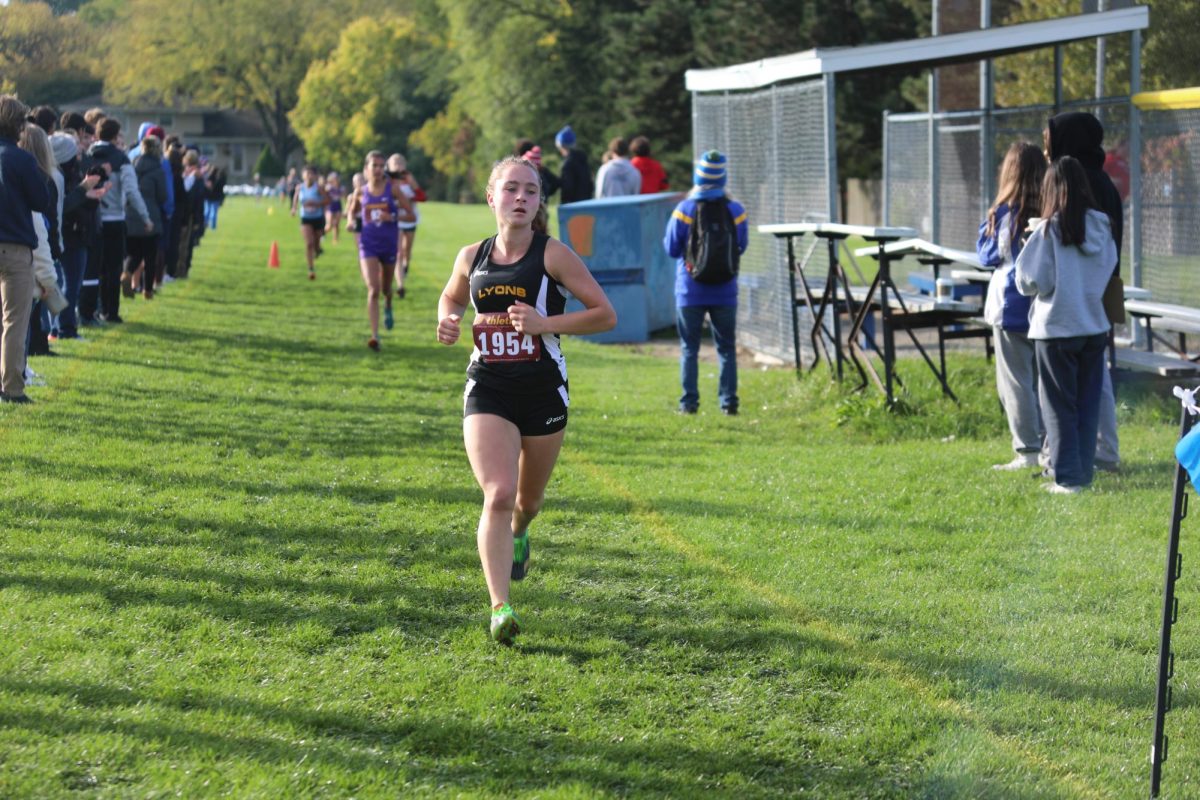





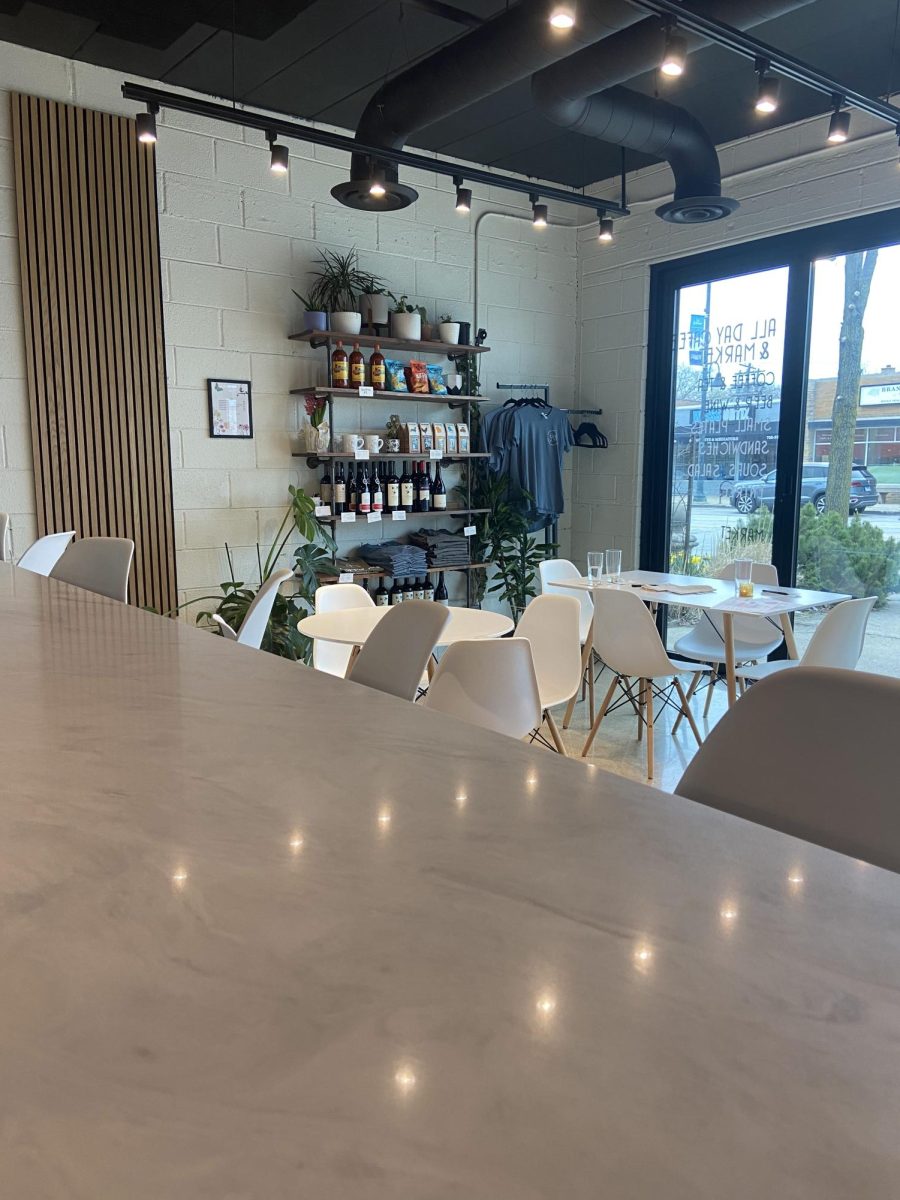





![Movie poster for [Rec] (2007).](https://www.lionnewspaper.com/wp-content/uploads/2023/04/rec-640x900.jpg)



